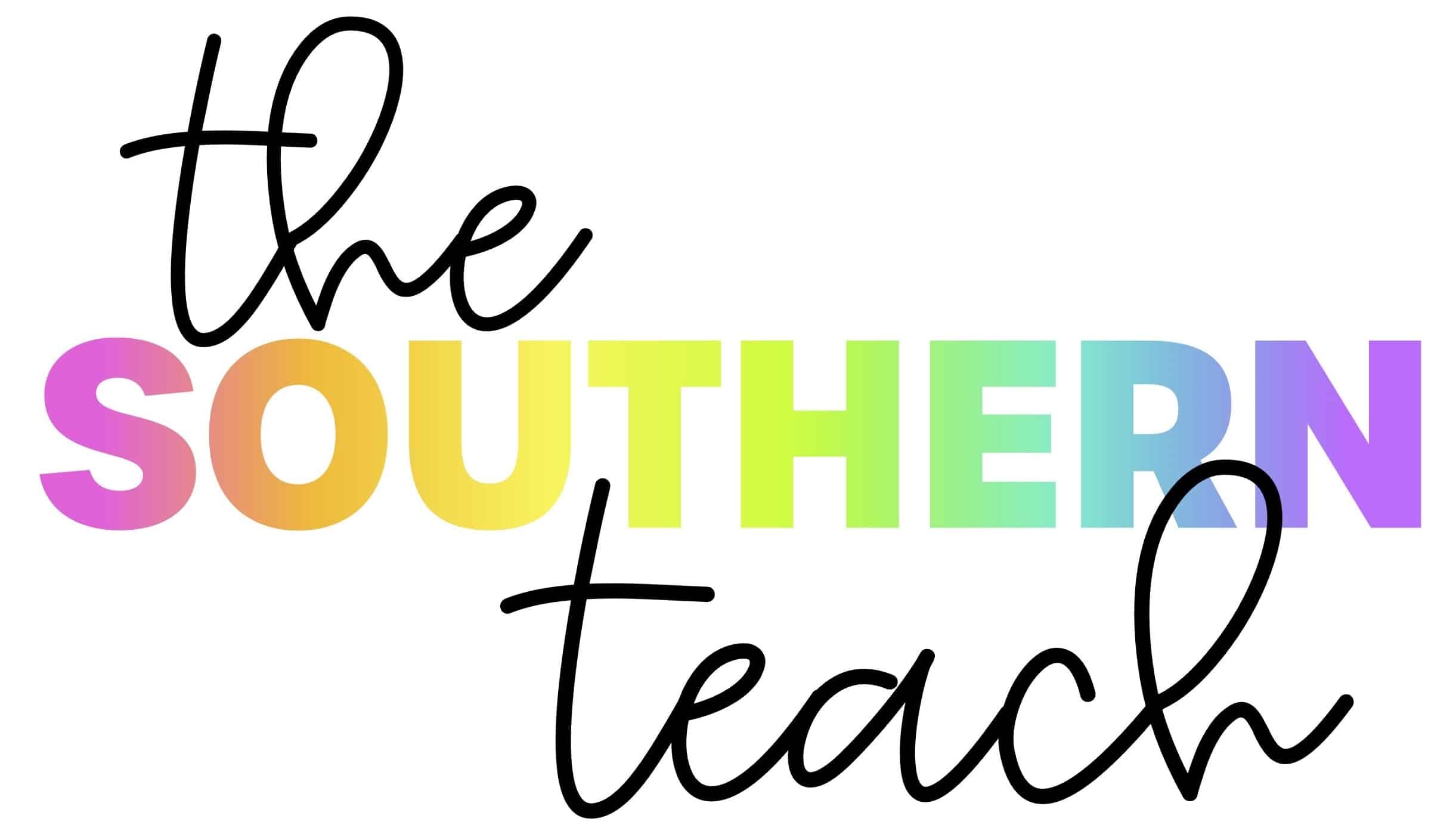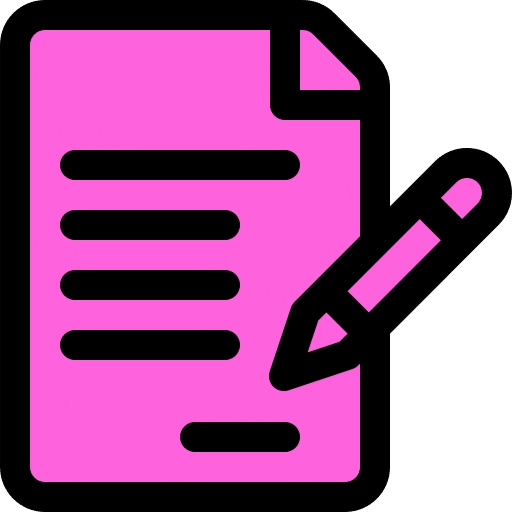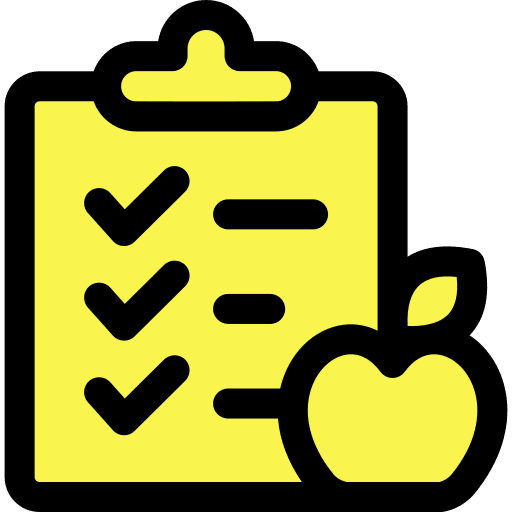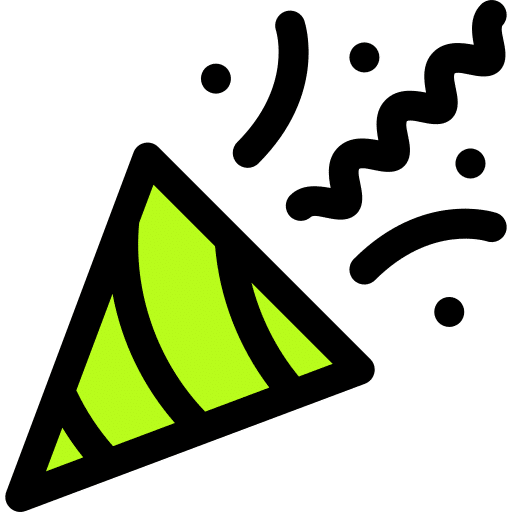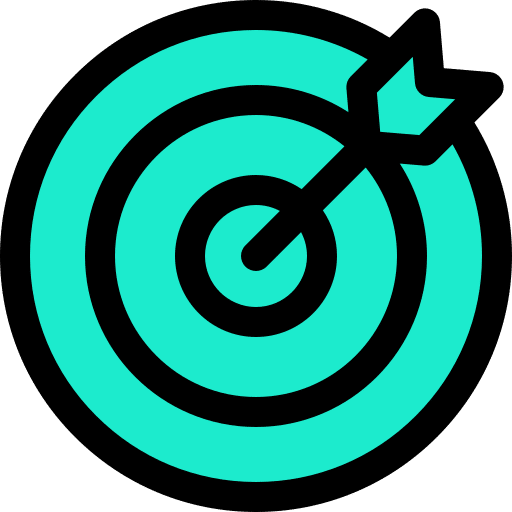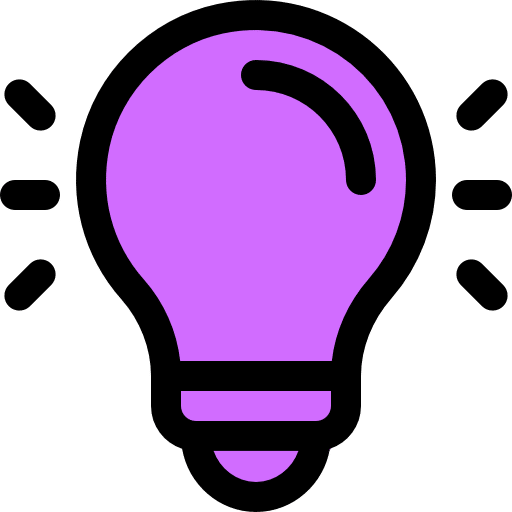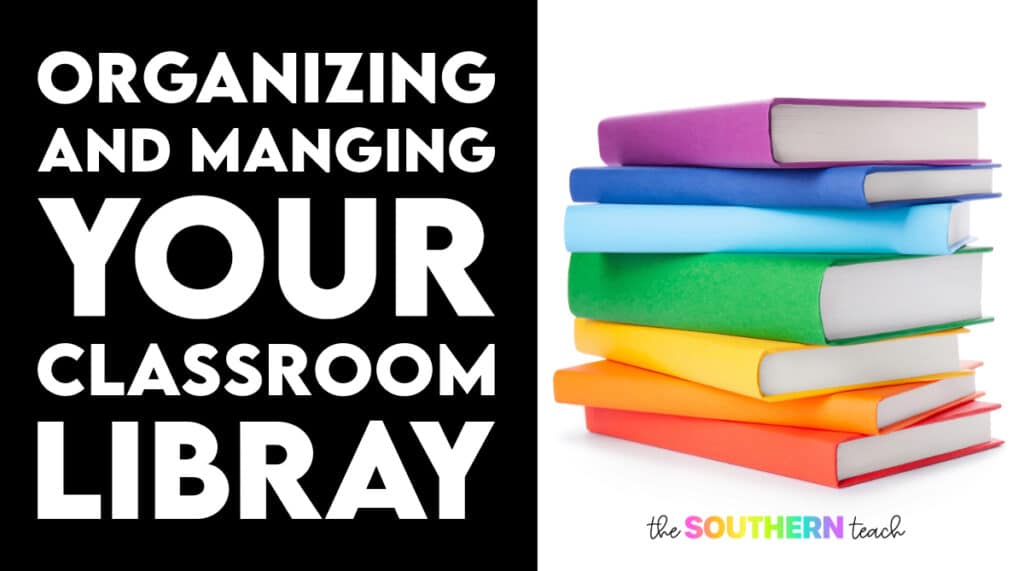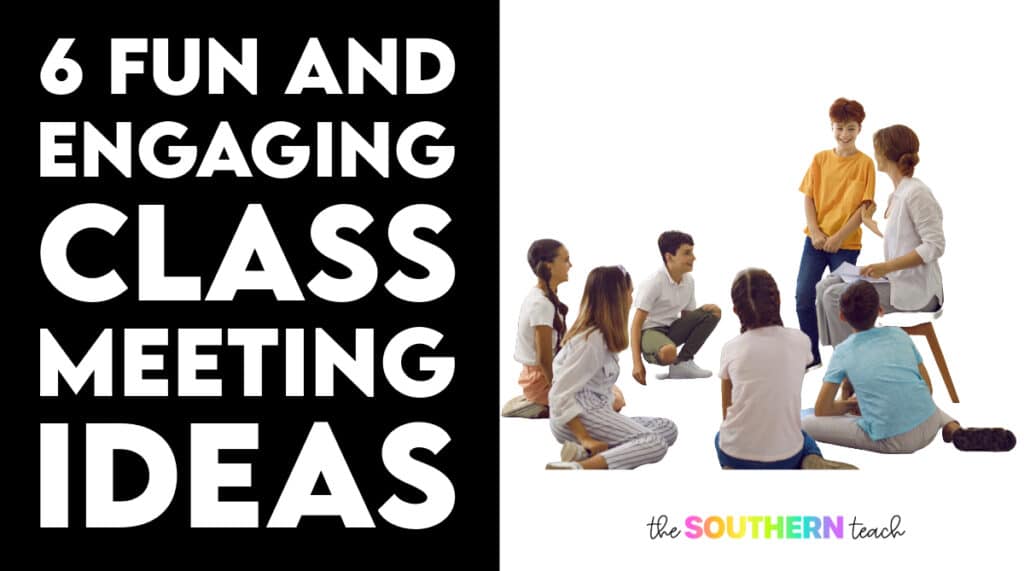
3 Easy Steps To Practicing Research Skills with Webquests
By Kirsten Hammond
Share This Post:
In this blog post, we’ll explore what webquests are, why they’re beneficial, and steps to conducting webquests for different subjects – not just social studies. I’ll also provide insights into crafting webquests tailored for upper elementary students and where to find more resources.

What Are Webquests?
Webquests are online activities designed to guide students in researching specific topics. They play a crucial role in fostering critical thinking, problem-solving, and effective internet use.
Webquests offer students a structured plan for online research, enabling them to explore different sources and assess the credibility of information.
The versatility of webquests allows educators to incorporate them across various subjects and grade levels, making learning engaging and helping students become better researchers.
A typical webquest consists of five key components:
- Introduction: This section presents the specific task or goal of the webquest.
- Process: It outlines the steps students need to follow to accomplish the task.
- Resources: These are the sources, links, or materials students can use.
- Evaluation: This defines how students’ performances will be assessed and the criteria involved.
- Conclusion: A moment for discussion and reflection to wrap up the webquest.
While these five components are based on the traditional webquest structure, the most critical aspect to remember is that students are researching using different resources or links provided by the teacher to accomplish a particular task.
This can be an excellent approach to researching topics, ensuring students gather information from reliable sources while staying engaged.

Three Simple Steps to Improve Research Skills with Webquests
1. Searching for Information
Teach students how to search for information using keywords in search engines. Explain the basics of how search engines work and demonstrate how to use them effectively, such as entering specific and relevant keywords.
Encourage them to try different keywords for better results and introduce advanced search tools like quotation marks for exact phrases or the use of a minus sign to exclude specific words.
This skill is valuable when students need to find information independently, but it’s also useful when you want them to explore beyond the provided resources.
2. Evaluating Sources
It’s crucial to educate students on how to assess the reliability of online sources. Discuss why knowing the author is essential and encourage students to evaluate the author’s qualifications, expertise, and potential biases.
Emphasize checking for source publication dates, as new information might be critical for some topics. Teach them to cross-reference information from multiple sources to verify accuracy. Warn them about sources with errors, excessive ads, or no references, as these are signs of questionable reliability.
3. Organizing and Presenting Research
After collecting and evaluating their research, students need to organize and present it effectively. This can be done through graphic organizers, posters, structured notes, or even digital presentations.
Encourage students to create clear outlines with headings and subheadings to logically structure their findings. They can use visuals like images and charts to enhance their presentations. Also, guide them on proper citation practices to avoid plagiarism and ensure they give credit to the original authors.
Teaching them to cite sources correctly not only promotes integrity but also familiarizes them with academic practices.
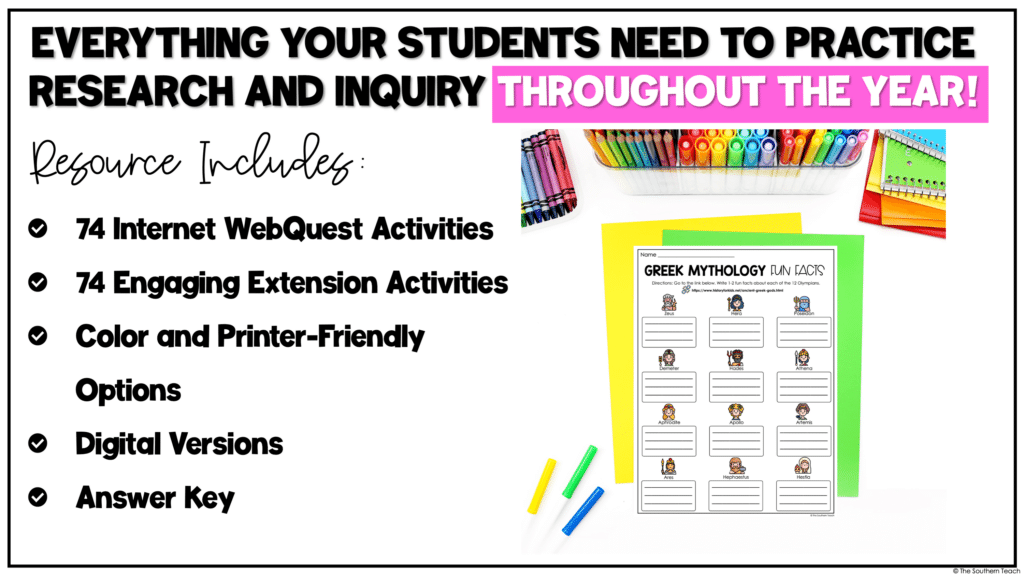
My Webquests for Upper Elementary
I’ve created a wide range of webquests, primarily focused on social studies but also applicable to other subjects. These webquests come with both printable and digital options and include guided questions tailored to specific topics.
I’ve taken the time to provide kid-friendly links that are suitable for students in grades 3 through 5. Moreover, I’ve included extra extension activities to enhance learning. You can easily integrate these webquests into your curriculum, whether for in-class activities, homework, or substitute teacher assignments.
The full-year bundle of webquests offers extensive options to choose from, covering topics like Rosh Hashanah, Thanksgiving, prime numbers, Mount St. Helens, and more. These webquests are an excellent way to introduce students to research skills in an engaging and structured manner.
Incorporating webquests into your teaching strategy can enhance your students’ ability to conduct research, think critically, and present their findings clearly. These activities empower students and build their confidence in exploring expository text.
You’ll find webquests a valuable resource that not only aligns with your curriculum but also prepares your students for independent research and inquiry.
I hope this guide has provided you with insights into how webquests can be a valuable tool for enhancing research skills in upper elementary students. Please check out my full range of webquests and consider incorporating them into your teaching to promote meaningful learning experiences. If you have any questions or need further guidance, feel free to reach out. Best of luck with your webquest adventures!
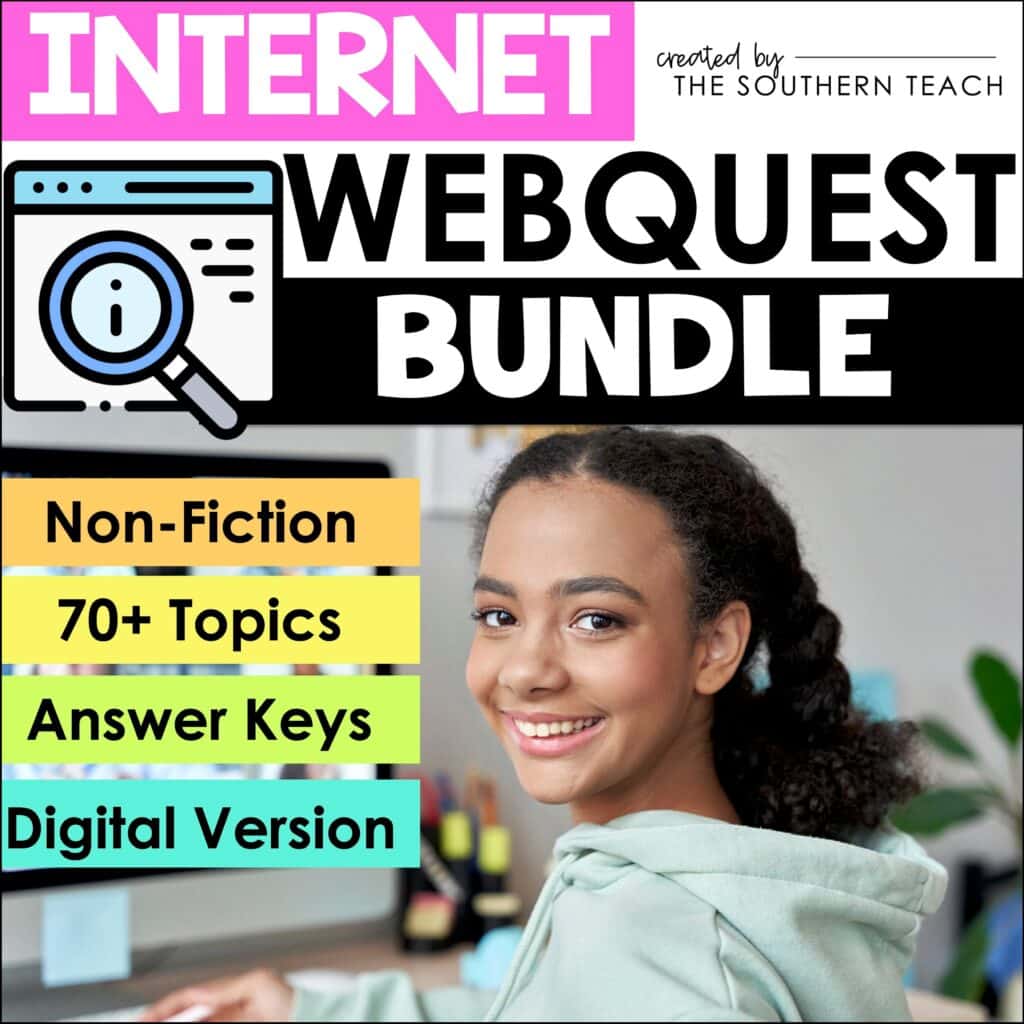
kirsten hammond
Kirsten is a former 3rd and 5th grade teacher who loves helping upper elementary teachers by creating resources and sharing ideas that are engaging, research-based, and TEKS-aligned. She is a work-from-home mama of 3 rambunctious little ones and loves running, true crime, and lots of coffee.
